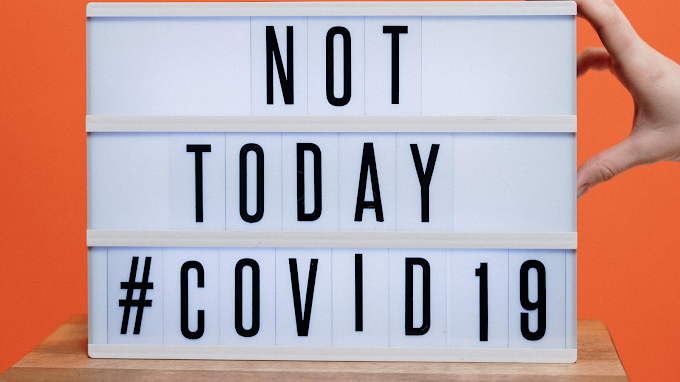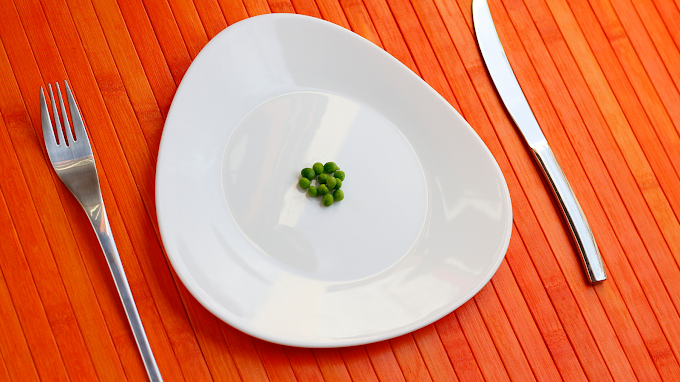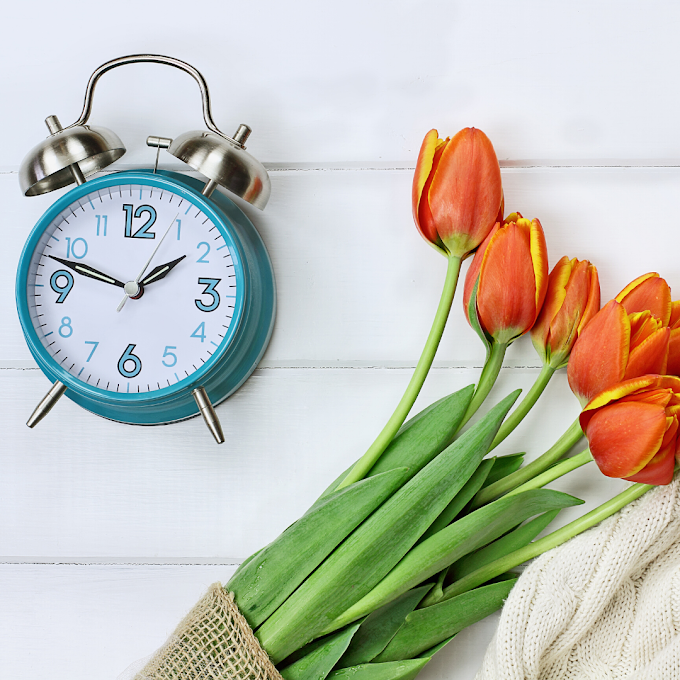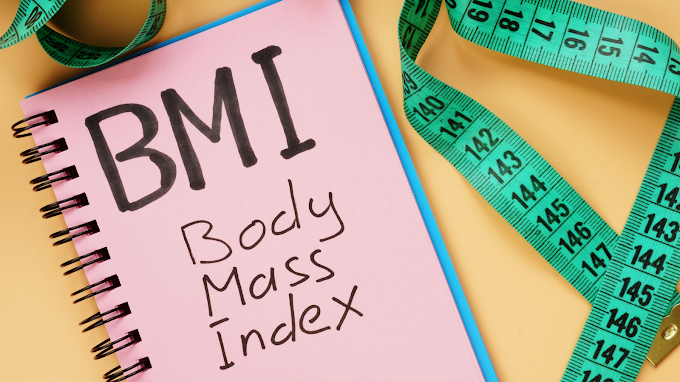(Haz click aquí para leer en Español)
I have spoken in the past about the fact that generic diets don’t work for your goals in the long run. This is because such diets don’t take into account several factors like your lifestyle, food intolerances, daily activities, etc. Furthermore, generalized plans tend to lack the educational element. The one that gives you the freedom to make conscious healthier choices, in a situation where you can’t stick to the food specified in the plan, and still make progress.
As a personal trainer and a certified fitness nutrition coach that actively works alongside nutritionists and registered dietitians, I consider it my responsibility to guide my ladies and recommend them the best practices for a healthier lifestyle. One of my greatest recommendations is to make a habit of using a food journal to assist you in giving you more awareness about your eating and drinking habits. Not only because it will help you to know yourself better, but also will eventually assist you to solve possible health problems.
Numerous benefits are linked to the practice of making a food diary, some of which are mentioned below.
#1 It Helps You to be Aware of Your Calories
Research conducted by the American Journal of Preventive Medicine observed that the people who kept daily food journals consumed fewer calories, resulting in twice as much weight loss as those who did not keep a food diary.
This is because a food diary can help you acknowledge the number of calories, carbs, protein, fats, and other things you have eaten throughout the day. Furthermore, it helps you to identify patterns and how much you need to cut or add to your daily routine to meet your desired goal so everything can be monitored.
#2 It Helps you to Eat a Balanced Meal
Setting a goal to eat throughout the day not only will assist you in restraining your portion sizes. It will also guide you whether you need more variety on your plate or if you need to minus anything.
It helps in keeping your meals balanced while allowing you to eat all the macros in your diet. Remember that a colorful plate is always the best one because it will mostly contain all the optimal foods like fresh vegetables, fruits, legumes, or seeds, and nuts.
#3 It Makes You Accountable For Your Eating
Whenever you eat more than your requirement or order something from any restaurant, you will recall the previously specified portion sizes of the meals according to your goals. This will hold you accountable for the size of your meals that you're about to take in. It will restraint you from overeating by understanding how much your body requires to meet the designated target.
Writing a food diary will motivate you like a mentor because every time you plan to eat a diet filled with extra calories or saturated or trans fats, your mind will instantly flicker and stop you from dwelling over a plate that lacks nutritional value. It will eventually hold you accountable with the passing time and help you eat a healthier diet and maintain a fit body.
#4 It Assist you in Identifying Intolerances
Sometimes people are allergic or intolerant to certain food items but fail to recognize the root cause. When writing a diary, you keep track of all the meals and items consumed in a specific time and snack that helps to identify the allergen or item that is causing the intolerance.
You may have noticed that consuming any specific food item or sometimes eating out causes discomfort or digestion problems. A food diary helps you determine foods that initiate an allergic reaction or make you feel disorganized. In apps like MyFitnessPal, there is a food & exercise notes’ feature, where you could also write how you’re feeling after your meals to look after your symptoms.
Foods such as gluten, peanuts, eggs, or dairy may cause bloating or nausea to some individuals.
#5 It Will Help You To Heal
Let’s say that food tracking isn’t your thing and you prefer to follow a dietitian plan, or you have a condition that requires closer attention from a health professional...That is okay! I’m not saying that a diet plan customized and tailored to your needs by a dietitian can’t work, but how can you refer to a dietitian if you don’t have a reference point of your health and eating habits and how to tackle them?
In most cases, a few logs before you visit your dietitian will help shed light on the patterns of your meal intakes throughout the day, like when do you often skip meals? What triggers your unhealthy cravings? Are you overeating at night or during the daytime?
Once you can identify the trigger points, you can easily work towards the possible solutions to these problems in more effective and healthy ways. Remember that awareness is the first step in healing...












0 Comments